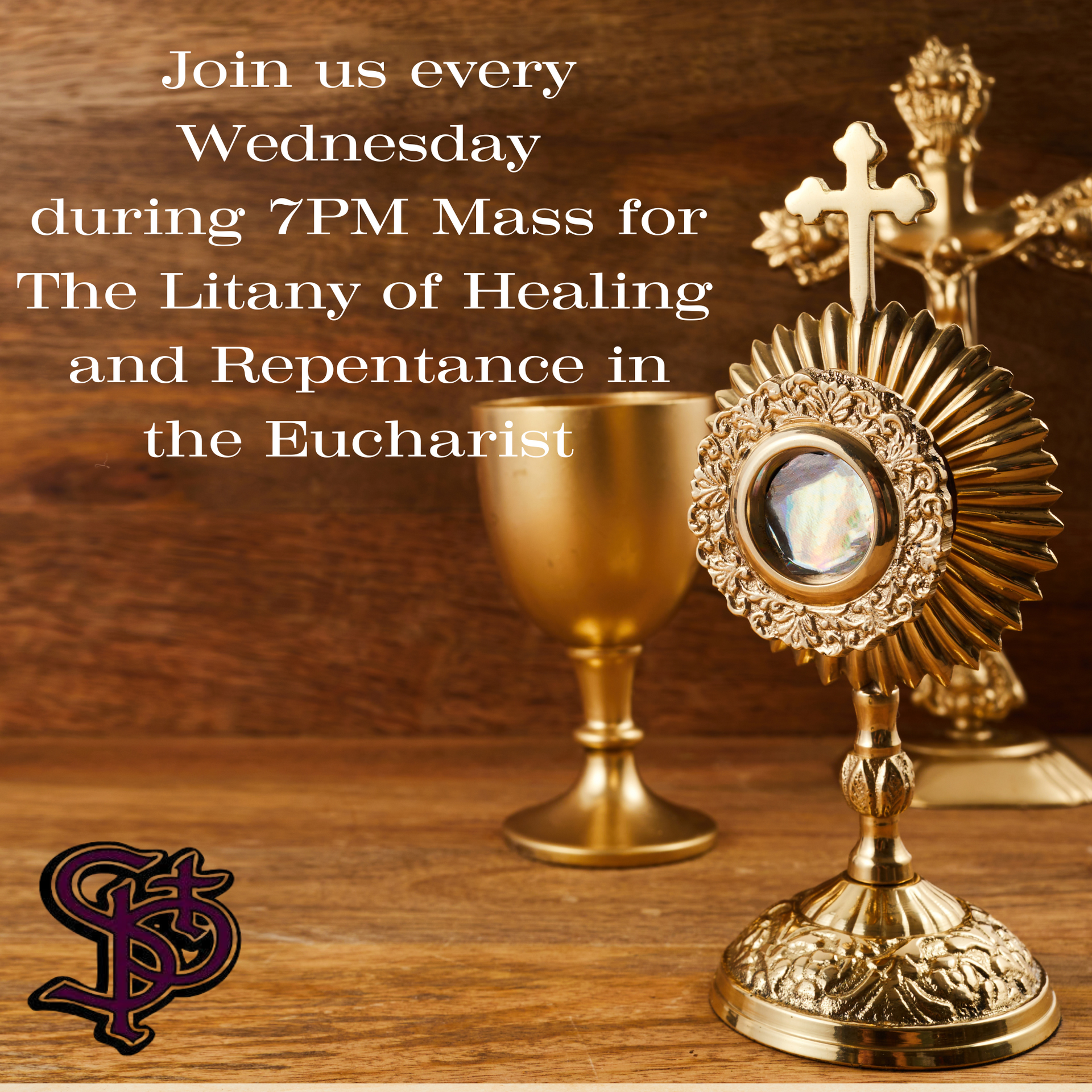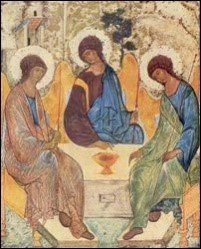Qualities of Love

Joke: A pastor was speaking to a Sunday school class about the things money can’t buy. “It can’t buy laughter and it can’t buy love,” he told them. Driving his point home he said, “What would you do if I offered you $1000 not to love your mother and father?” Stunned silence ensued. Finally, a small voice queried, “How much would you give me not to love my big sister?”
What is love? Or rather, what kind of love exists in our human existence? How should we love? Love is not only a word that is often mispresented in conversation, in writing, and even in media, but love is the word that truly describes God Himself as our Emeritus Pope Benedict XVI wrote in one of his books titled Deus caritas est “God is Love.” What is love? God is love. What is our love? What is God’s love?
In the book, The Way to Love, by Anthony de Mello, S.J. describes the four qualities of love—Indiscrimination, gratuitousness, unselfconsciousness, and freedom. Our love needs to include indiscrimination, gratuitousness, unselfconsciousness, and freedom. This is not a retreat homily, so I would like to only expand on the first two qualities of love, which are indiscrimination and gratuitousness.
Indiscrimination is not what we often hear, unlike the word discrimination. We might not have a problem discriminating against this person or that person without even coming into contact with him or her. We might not have a problem discriminating against this person or that person by just pointing fingers at them when things do not go the way we want.
For instance, hurricane Katrina started on August 23 and blocked transportation until August 31, 2005, and the news was all over television and the media. One person pointed their finger towards the engineers who insufficiently built the lever of the lake that caused the flood into the city of New Orleans. Another person pointed their finger towards the government that was too slow to respond to the matter. In all this finger-pointing, our Emeritus Bishop, the most reverend Edmond Carmody, came onto the media and made his statement to reassure his prayer and to show his support to the victims. He said that everybody was pointing fingers at this or that during the devastation of the hurricane. For him, he ran to seek wisdom from the Scripture. The love of not pointing fingers towards others is the love of indiscrimination. The love that the Lord Jesus invites us to love one another.
Does discrimination sound like elimination? One cannot love someone while also eliminating someone else. In loving each other, one would want others to come to him or her and not become eliminated. Love, then, is indiscrimination, not elimination. This is also expressed in today’s first reading where the Lord Jesus says, “You shall not molest or oppress an alien.” This is a kind of love similar to loving your neighbor as you would love yourself without discrimination and indiscrimination. The love of including, and not excluding, eliminating or discriminating, but indiscriminating even the alien.
In today’s Gospel, Jesus teaches us two great lessons about love when he says, “You shall love the Lord your God, with all your heart, with all your soul, and with all your mind” and “You shall love your neighbor as yourself.” What a great teacher and master who squeezes from the six hundred laws of Moses to only two great laws—to love God and to love neighbor as ourselves. The question then is, how do we love the Lord with all our heart, mind, and soul? We need to learn to love one another first. How can we love God whom we cannot experience with our five senses, when we cannot even love our neighbors whom we come into contact with each day?
Gratuitousness is like the rose which gives its fragrance; the tree which gives its shade; and the lamp which gives its light and asks for nothing in return. Love is what is just to give and does not expect in return. How can a man whose choice of his wife is determined not by any quality she may have, but by the amount of money she will bring? Such a man, we might rightly say, loves not the woman, but the financial benefits she brings. Can we call this love? The love which is already determined, and the love of giving but not without something in return. If we cannot truly love others, how can we love God with all our heart, soul, and mind? This is not gratuitousness of love because it is a love that only exists if with something sought for in mind. This kind of love is warned in today’s first reading that “You shall not wrong any widow or orphan” since you do not and cannot bring them into existence. We are invited to respect human dignity from conception to natural death.
To love God with all our heart, mind, and soul invites us to love our neighbors as ourselves. In loving our neighbors as ourselves, we are invited to possess at least the four qualities of love that Anthony De Mello pointed out in his writing, indiscrimination, gratuitousness, unselfconsciousness, and freedom. Let us take these words of Anthony De Mello, Indiscrimination, gratuitousness, unselfconsciousness, and freedom to examine ourselves to see how we would live out the two great commandments that the Lord Jesus commanded us to do. We might not have a problem in saying with our lips to love God and to love our neighbors as ourselves, but are we able to put it into action, loving our neighbors with indiscrimination, gratuitousness, unselfconsciousness, and freedom? The decision is yours.









